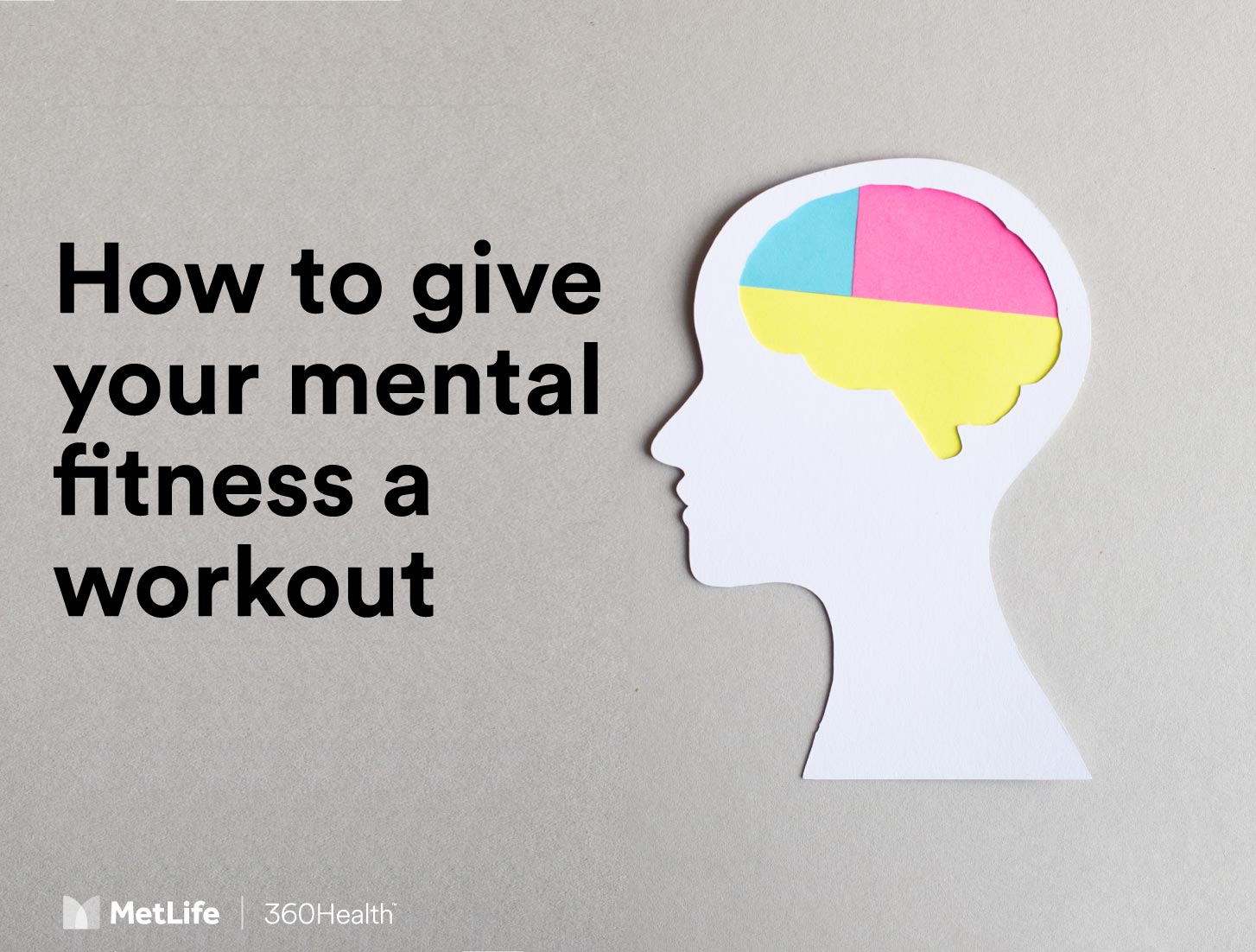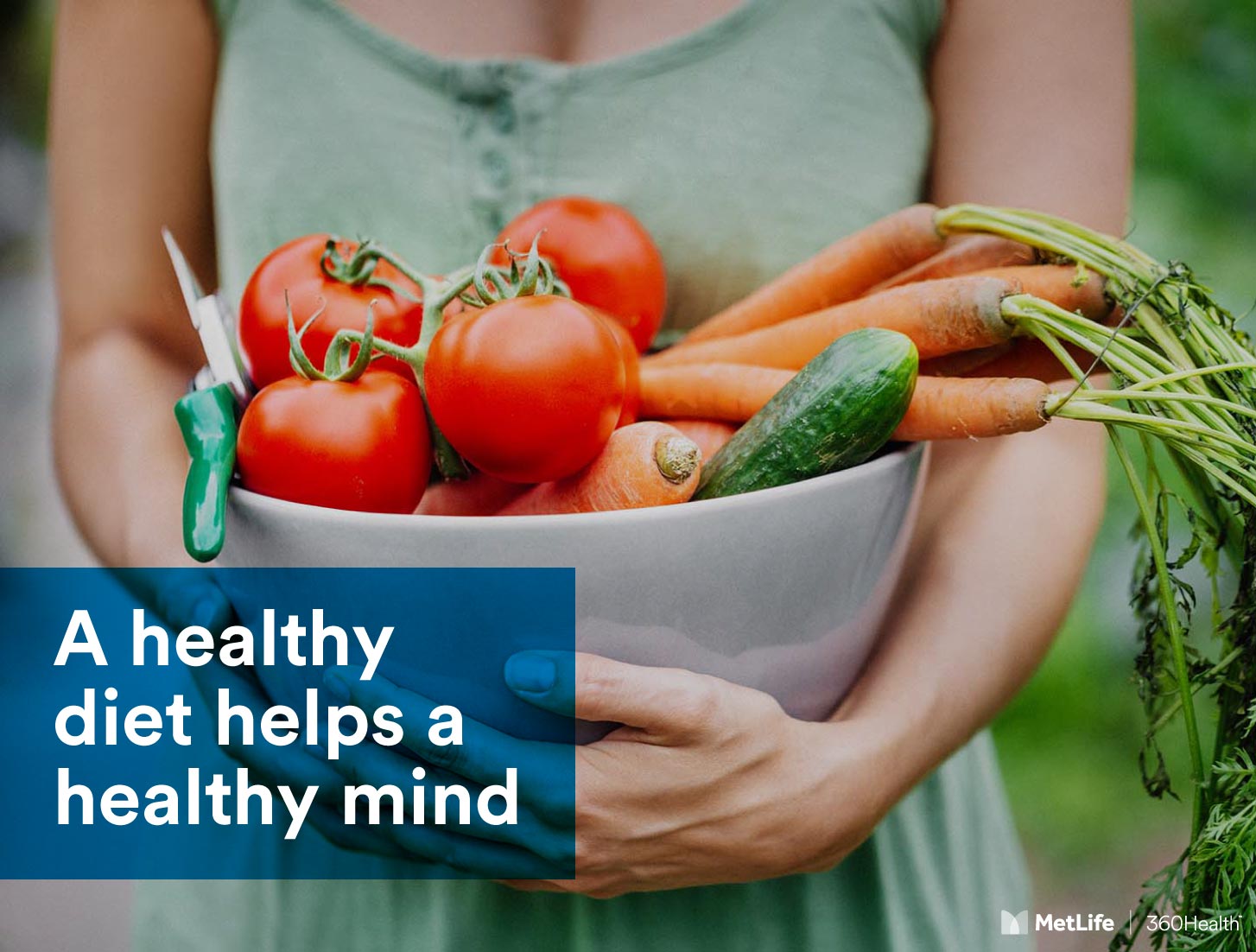
Dr Tasmiah (Tas) Masih has a simple theory when it comes to integrating healthy eating with mindfulness.
Given that a top cause of stress is balancing the demands of life with maintaining a healthy lifestyle, according to the Australian Psychological Society’s Stress and Wellbeing in Australia Survey in 2015, the integration of mindfulness and healthy food preparation is “killing two birds with one stone,” says Tas. “We get to address stress management in our lives together with healthy eating.”
A university lecturer and research scholar in Perth, Tas is interested in food and nutrition education as a holistic, mindful experience. Her research focus, presented in a MetLife 360Health webinar called “Nutrition and Mindfulness in a Bowl”, is that maintaining this balance (while including healthy doses of mindfulness) is essential to good health and wellbeing.
The benefits of a good diet are known. It helps prevent chronic diseases, increases resistance to infection and promotes general health and wellbeing. The role of mindfulness, says Tas, is less understood.
“Research shows mindfulness can bring about a reduction in stress levels, increased cognitive flexibility and emotional regulation,” she says. “Genomic and imaging studies have shown [mindfulness brings] neuroplastic changes in emotional parts of the brain.”
Tas has a particular affection for plant-based foods. “Why are they so fantastic for us?” she asks. “Of course, the vitamins, minerals and fibre are things we all know about. But plant-based foods are absolutely bursting at the seams with phytochemicals – the chemical substances that protect plants against predators, disease and degradation. When we eat plant-based foods, they pass that protection onto us.”
She says consuming phytochemicals through plant-based foods is associated with a reduced incidence of chronic disease. “There's a lot of research coming out now regarding cognitive health benefits as well, such as [slowing the progression of] Alzheimer's and [helping to prevent] general cognitive decline with age.”
Benefits of variety in plant-based foods
Tas says the secret is consuming a range of plant-based foods and absorbing a variety of phytochemicals. “The more colour you have in your diet through fruit and vegetables and the more variety of whole grains and legumes, the more likely you are to expose your body to this vast array of phytochemicals.”
When the phytochemicals enter our system, Tas says “the bacteria in our large intestine have a bit of a party”. These broken-down phytochemicals are great for helping prevent disease and infection, while also impacting cognitive and hormonal health.
So how does mindfulness fit into this? Tas says taking a mindful approach to cooking preparation and eating are vital ingredients in maintaining a healthy lifestyle – especially stress management.
She uses the example of a carrot. Integrating mindfulness is about looking at the whole process of preparation – feeling how firm and fresh it is, what it smells like, noting its colour and what it sounds like when it’s chopped.
“I'm asking you to stop and just notice,” she says. “In that way, you're bringing yourself to the present moment, which is exactly what mindfulness is all about.
“Preparing healthy food in this way enhances stress management. In addition, recent research indicates that an increased intake of fruit and vegetables is also associated with less perceived stress. So it's a win-win situation, right?”
If you are wanting to improve your diet, MetLife offers policy holders access to a qualified dietitian through its 360Health Virtual Care Nutrition service at no additional cost. With a Nutrition consult receive a personalised action plan to support your general wellbeing and approach to diet.
Find out more about MetLife 360Health Virtual Care’s Nutrition consultation service.














